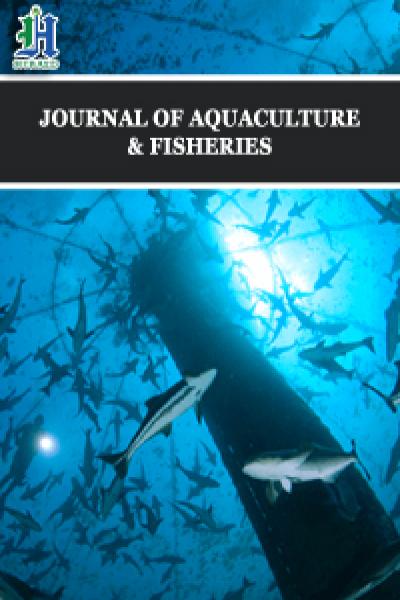
Aquaculture Engineering
Aquaculture Engineering is a specialized field focused on the design, development, and maintenance of systems used in the cultivation of aquatic organisms such as fish, shellfish, and aquatic plants. This discipline integrates principles from civil, mechanical, and environmental engineering to ensure optimal water quality, efficient feed delivery, and sustainable production environments. Key components include water recirculation systems, aeration technologies, waste management, and structural design of tanks, ponds, or offshore cages.
Aquaculture engineers work to maximize productivity while minimizing environmental impact, addressing challenges such as disease control, biosecurity, and energy efficiency. Innovations in sensor technology and automation have significantly enhanced system monitoring and operational control. As global demand for seafood increases, aquaculture engineering plays a critical role in meeting food security needs through sustainable and scalable solutions. The field continues to evolve with advancements in biotechnology, robotics, and artificial intelligence, further improving the efficiency and sustainability of aquaculture practices.

